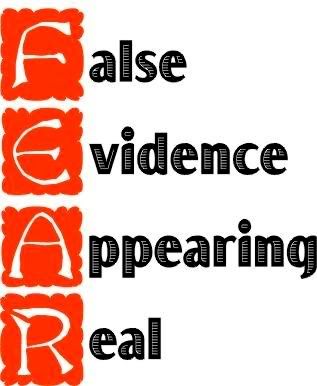Aristotle said “there is only one way to avoid criticism: do nothing, say nothing, and be nothing“.
 Again and again I find that I do my best work when I expose myself. And often when I push myself at the edge, or even beyond the limit of my comfort zone. When it is tough and I feel inadequate, where the impostor syndrome hovers in the background. Of course, that is also where one is more vulnerable to criticism.
Again and again I find that I do my best work when I expose myself. And often when I push myself at the edge, or even beyond the limit of my comfort zone. When it is tough and I feel inadequate, where the impostor syndrome hovers in the background. Of course, that is also where one is more vulnerable to criticism.
What I find particularly interesting in Aristotle’s quote is the relation to being. That simply, being somebody, and being present, necessarily exposes to criticism as well.
There is no doubt that just being there in the world, even doing or saying nothing, does change the world a little. There is no hiding from it. Simple observation does change what is being observed. I know from my coaching practice that sometimes, just being silent, and fully present, can be a great vector of change in people and groups. It can be extremely powerful.
It leads to a reaction from the environment, which will resist, often in the shape of criticism. And that is where be absolutely need to be ourselves, and take the best part of the inevitable criticism.
We are, thus we change our surroundings, thus the surroundings will resist. Be aware that criticism can come also from just being here, and fully present.
Other Fourth Revolution posts on overcoming criticism: ‘What should you do with Criticism?‘ and ‘How can you stop trying to please everyone?‘











